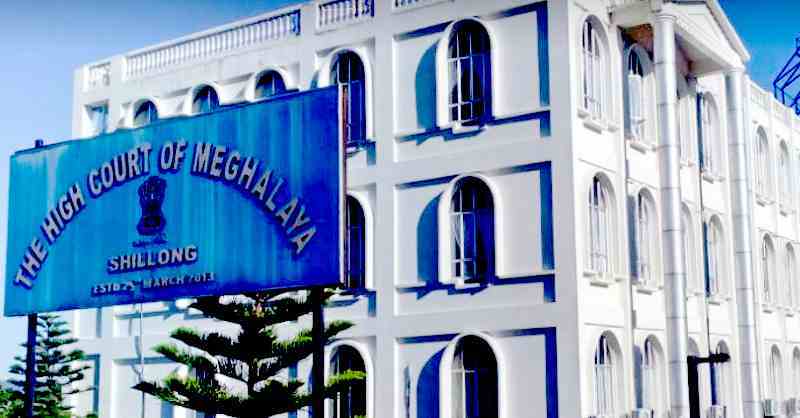Shillong: The Meghalaya High Court has asked the state to explore the feasibility of compensatory afforestation around the Shillong Peak Ropeway Cable Car Project at Raid Laban Reserve Forests and Raid Laban Forest.
The court’s directive came during a hearing on Public Interest Litigation (PIL) filed by Geraldine G Shabong against the alleged indiscriminate and large-scale felling of trees in the Lawsohtun area of East Khasi Hills District.
The division bench of Chief Justice Indra Prasanna Mukerji and Justice Wanlura Diengdoh asked Advocate General Amit Kumar and advocate for the petitioner, Kaustav Paul to identify a convenient day for a visit.
The state government has claimed that the deforestation was carried out after obtaining due permission from the Central government under the relevant Act and rules.
Earlier in his submission, Paul contended that while the Central government permits deforestation contingent on appropriate compensatory afforestation, this tree planting should ideally occur near the project site, not in a distant location.
In the previous hearing of the PIL, Paul raised an objection, stating that the land designated for afforestation was located in a different district, which would not directly benefit Lawsohtun.
The petitioner’s counsel argued that while the State government is obligated to carry out compensatory afforestation whenever deforestation occurs, the afforestation result in Meghalaya is the lowest in the country.
The Advocate General defended that the government is prepared to carry out afforestation work, but problems exist with regard to the availability of land in the area.
ALSO READ: Meghalaya begins commercial transportation of scientifically mined coal
“At the suggestion of learned counsel for the parties, we request the learned Advocate General and Paul to identify a convenient day, visit the area and file a short report in this Court regarding the feasibility and possibility of carrying out afforestation work around the Ropeway Cable Car Project area,” the bench stated.
The Public Interest Litigation (PIL) is scheduled for its next hearing on August 14.















